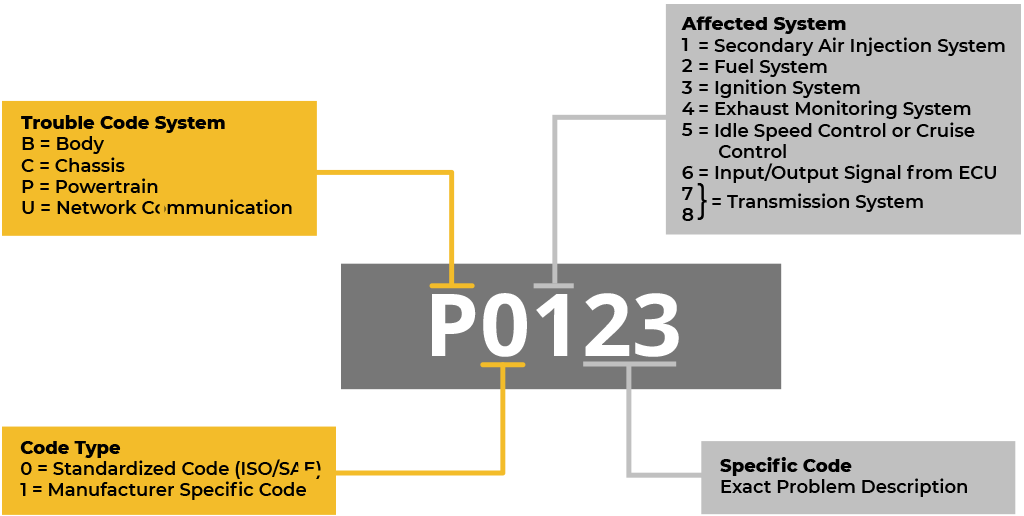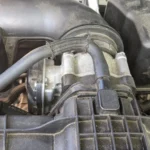
Understanding Subaru OBD-II Trouble Codes P0201
Understanding Subaru OBD-II Trouble Codes P0201
If you own a Subaru vehicle and have encountered an OBD-II trouble code P0201, you may be wondering what it means and how to address the issue. In this article, we will explore the meaning of this trouble code, its potential causes, and possible solutions.
What is an OBD-II Trouble Code?
OBD-II (On-Board Diagnostics) trouble codes are alphanumeric codes that are generated by a vehicle’s onboard computer system. These codes help to identify specific issues or malfunctions within the vehicle’s various systems. When a problem is detected, the computer system will store a trouble code, which can then be accessed using an OBD-II scanner.
The Meaning of P0201
P0201 is a specific trouble code that is associated with the fuel injector circuit in cylinder 1 of the engine. This code indicates that there is a malfunction or issue with the fuel injector in cylinder 1, resulting in an incorrect fuel mixture.
Possible Causes of P0201
There are several potential causes for the P0201 trouble code in a Subaru vehicle. These include:
- Defective or clogged fuel injector in cylinder 1
- Fuel injector wiring harness or connector issues
- Open or shorted fuel injector circuit
- Fuel injector driver circuit malfunction
- Engine control module (ECM) failure
Diagnosing and Resolving the Issue
When faced with a P0201 trouble code, it is important to properly diagnose the issue before attempting any repairs. Here are the steps you can take to diagnose and resolve the problem:
- Use an OBD-II scanner to retrieve the trouble code and any additional codes that may be present.
- Inspect the wiring harness and connector for any signs of damage or corrosion. Repair or replace as necessary.
- Test the fuel injector in cylinder 1 using a multimeter to check for proper resistance. Replace if defective.
- Check the fuel injector driver circuit for any faults. Repair or replace as needed.
- If all else fails, it may be necessary to replace the engine control module (ECM).
It is important to note that diagnosing and repairing OBD-II trouble codes can be complex and requires a certain level of automotive knowledge. If you are unsure or uncomfortable with performing these steps yourself, it is recommended to consult a qualified mechanic or Subaru dealership for assistance.
Preventing Future Issues
While some OBD-II trouble codes may be unavoidable due to normal wear and tear or unforeseen circumstances, there are steps you can take to help prevent future issues. Regular maintenance, such as changing the fuel filter and using high-quality fuel, can help keep the fuel system clean and functioning properly. Additionally, keeping up with scheduled maintenance and promptly addressing any warning signs or symptoms can help catch potential issues before they become major problems.
In Conclusion
OBD-II trouble codes, such as P0201, can be frustrating to deal with, but with the right knowledge and steps, they can be diagnosed and resolved. If you are experiencing a P0201 trouble code in your Subaru vehicle, it is important to properly diagnose the issue and take appropriate action to prevent further damage. Whether you choose to tackle the repairs yourself or seek professional assistance, addressing the issue promptly will help keep your Subaru running smoothly.




